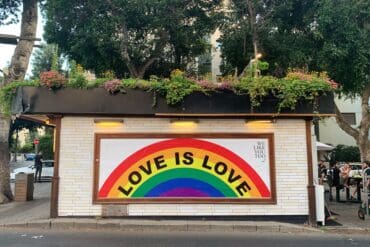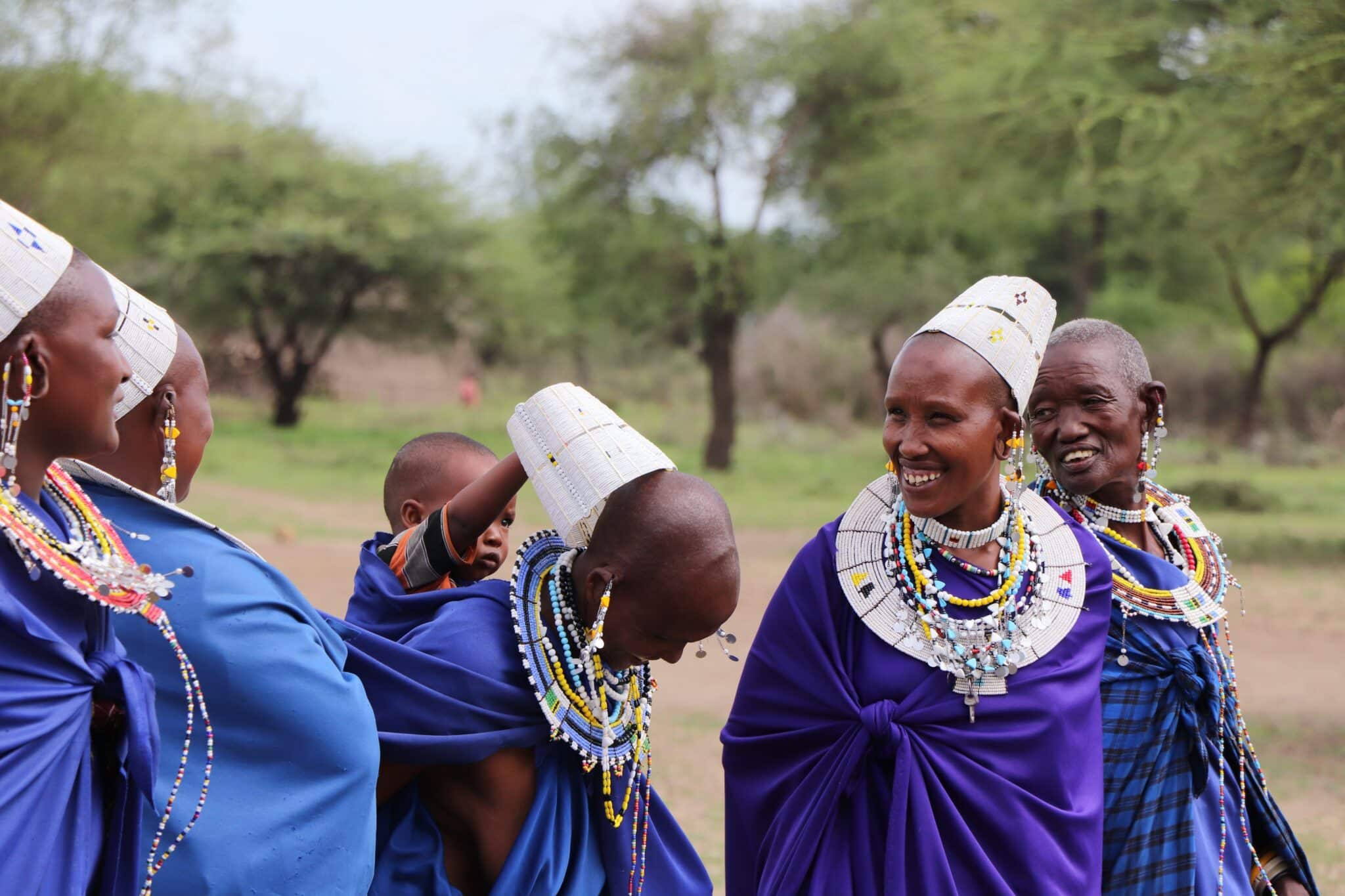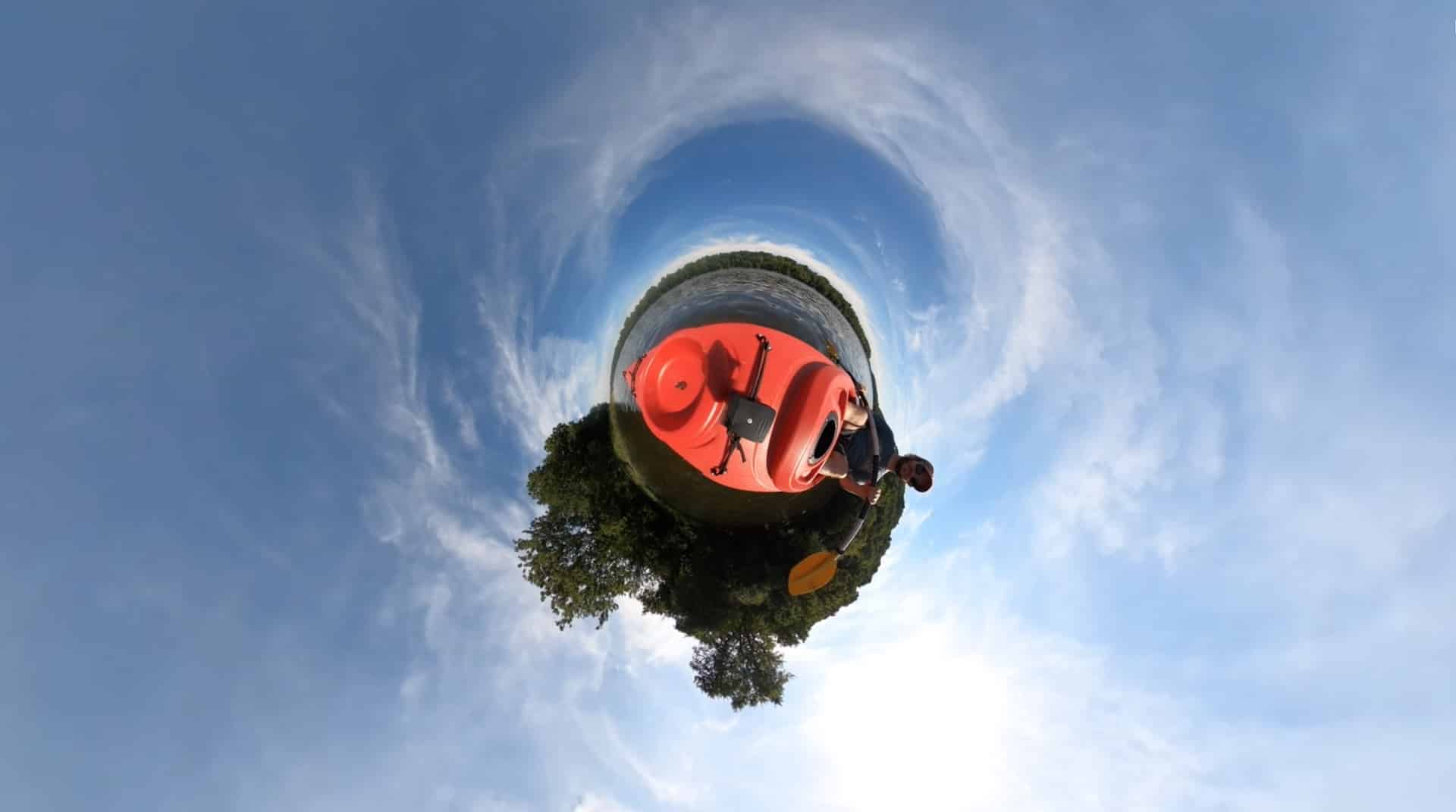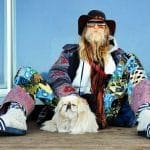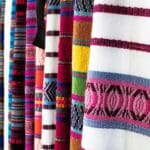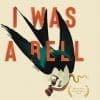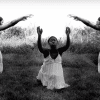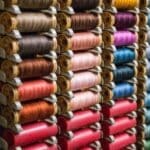Is Autoethnography Essential to a Successful Business? Podcast with Nadine Khair
MARLEN HARRISON: Well, hello everybody and welcome to The AutoEthnographer’s first ever podcast. Today we are investigating if autoethnography is essential to a successful business. Please feel free to listen to our conversation below or by visiting HERE:
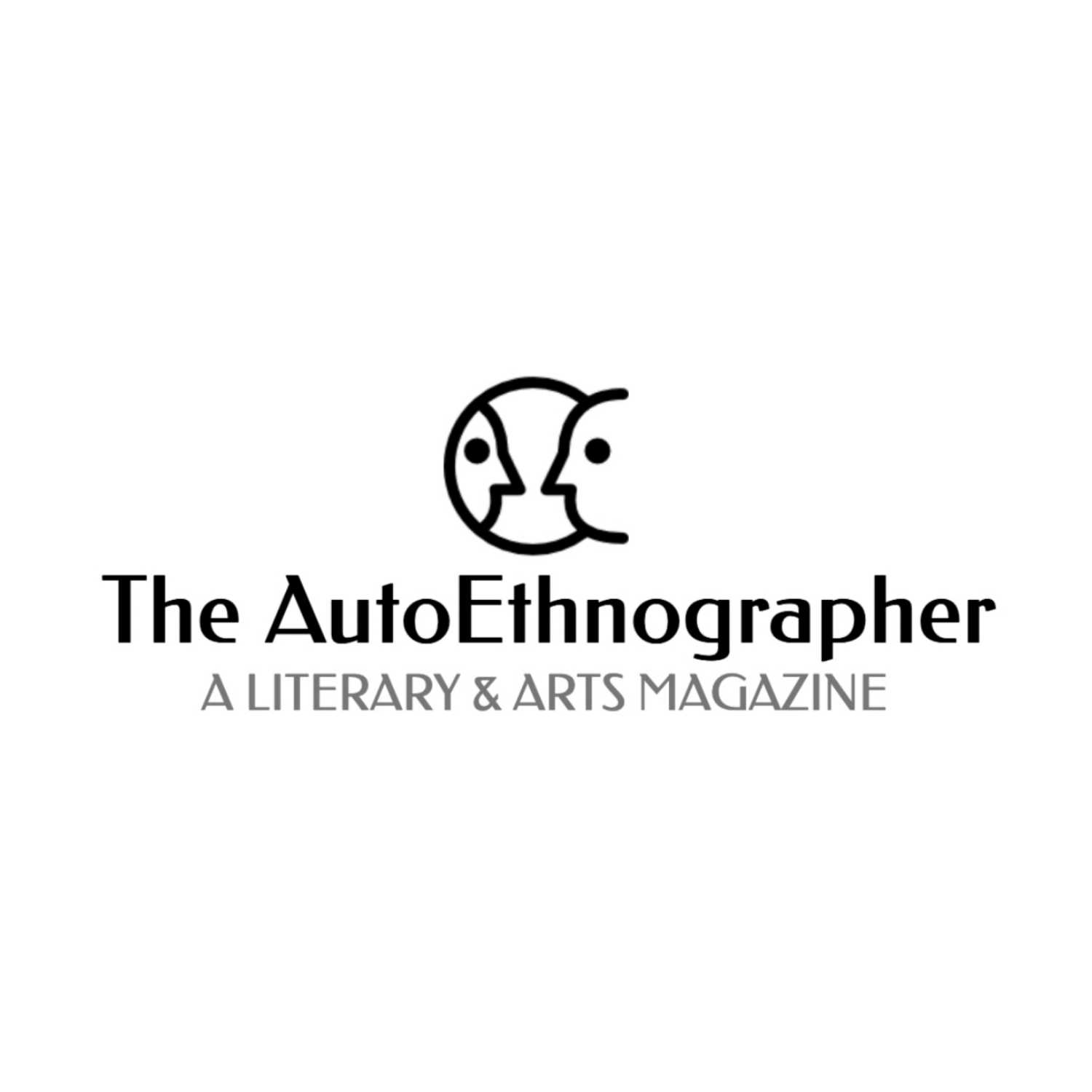
How Do Marketing & Autoethnography Go Together? – The AutoEthnographer Literary and Arts Magazine
The AutoEthnographer is a new, nonprofit, internationally-authored, peer-reviewed, open-access literary and arts magazine. Join us online at TheAutoEthnographer.com. Today I’m joined by one of the members of The AutoEthnographer’s editorial board, Dr. Nadine Khair, chair of the marketing department at the University of Amman in Jordan, and today she is going to talk to us a little bit about how autoethnography can support business: How do those things go together? And in order to do so, she’s going to tell us a little bit about her journey as a student, as a researcher, as a marketer, and as a customer, and how she found her journey through the world of business and marketing utilizing autoethnography. Nadine, welcome to our podcast. Thank you so much for joining me.
NADINE KHAIR: Thank you, Marlen. The introduction was beautiful and obviously I’m Nadine Khair. As mentioned by Marlen, I’m a marketing assistant professor at the American University of Madaba. I happen to be the chair of the department as well. Thank you so much for having me. It’s a pleasure to be part of this magazine and obviously, autoethnography is something that is really interesting in various fields, and for the first time I guess I’ll be talking about business and marketing and autoethnography.
MH: My apologies, I said University of Amman, but it’s the American University of Madaba, in Amman. My apologies. Nadine, tell us a little bit about how you got interested in the world of business and marketing. What were some of the original attractions to that world?
NK: OK, so coming from a from a family that, you know, drifts away from business…they do have businesses, but they drift away from business for those who have high GPA’s, I was kind of into pre-med for the first two years of my life. I took courses and I used to work as a cashier; then I worked as a jewelry salesperson; I got into different aspects in my life at a young age. But then there was one course that was about international business, and it introduced me to the world of business. And overall, marketing is a huge, huge bubble that nobody can understand. It varies from one culture to another; it varies from one person to another. And I kind of, yeah, I kind of refused the idea of marketing until I worked for Estee Lauder for a long period of time.
MH: Wow, Estee Lauder, the big international cosmetics, beauty, and fragrance company?
NK: Absolutely, yes. I was a part of a team, the marketing team, for Clinique as well in particular. Clinique is a makeup company owned by Estee Lauder. I was exposed to marketing, I hated research, I hated anything related to academia, and all of a sudden, I pursued a career in practice. I went away from academia, I worked in practice, and I taught part time in the American University in Madaba.
So, um, after a while I was offered various scholarships to pursue my Ph.D. See, I was reluctant because of the fact that I hate research. I tried to kind of jump ropes and avoid it, and you know, my type of research was a lot to be related to ‘quant’, so it was a quantitative type of research.
MH: A quantitative analysis using numbers and statistics as opposed to opinions or experiences?
NK: Yes, in SPSS, and people are treated as a form of majority, generalization is an aspect that is considered. Uhm, but I remember my first Ph.D. year I went to my supervisor, and I said “OK, I can’t. I cannot treat people as 3.2 customers, and this is not in me.” And the area I was in, which was an international marketing specialization, is a quantitative area for the past 35 years. He was like, “OK.”
MH: You were feeling a disconnect as a student as you were reaching the culmination of your studies, you were feeling a disconnect in terms of what was expected within that discipline, in terms of scholarship and research and what you yourself felt was aligned with your own sensibilities and interests? You felt a conflict there?
NK: Absolutely, I felt like this does not look like me, actually.
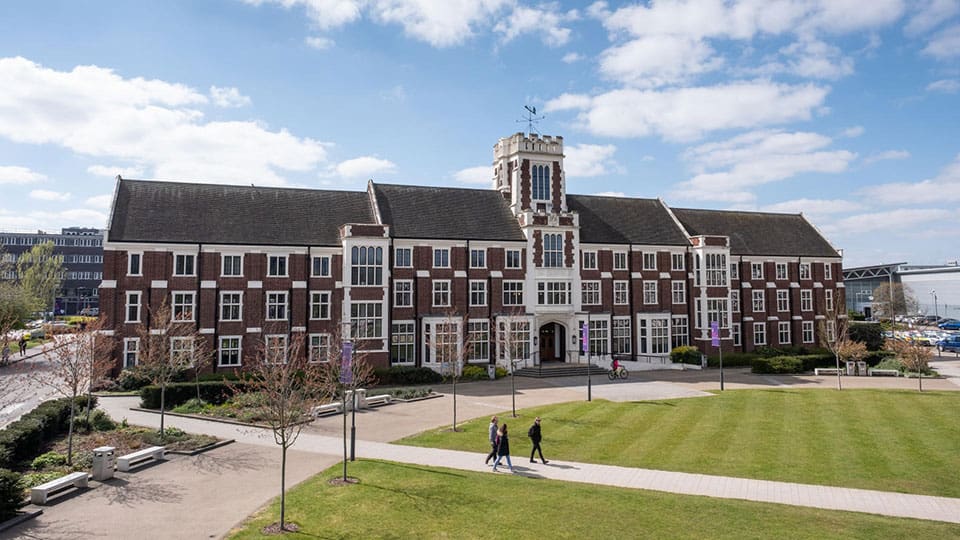
Loughborough University
MH: I think a lot of us feel that in academia. I think a lot of us, especially junior academics, as we’re coming through our master’s programs on our Ph.D. programs, or M.B.A.’s and J.D.’s or medical degrees, I think many of us often feel that disconnect between the types of research we’re called on to do or that is considered common in our fields, and the actual types of conversations and feelings and experiences that we have. Nadine, how did you face this conflict?
NK: OK (laughs), well, it was kind of like a battle between reality and what should happen, however, I took the risk. I went through with ethnography and I remember the day where I saw, like, there’s an opportunity in Loughborough University in the UK; I did my PhD in the UK. I got my master’s and my undergraduate in the U.S.. So, when I saw that opportunity, it was a training for ethnography, a workshop…an intense workshop for ethnography, and all of a sudden, I see an opening for five students across E.U., I was excited. OK, but business was not mentioned, so like the qualifications or requirements were sociology, psychology….
MH: Sure, all the social sciences.
NK: Absolutely. So, I said let me give it a try, and I applied. And boom, I was one of the five that were chosen across the U.K. to attend that workshop. And I do remember my first exposure with ethnography was in an undergraduate course by an instructor who was teaching different methods, and I was like, OK, I’m interested in that because that does not look like something I’m used to reading, and it was more of a self-expression. It was more of something closer to who I am as a researcher.
MH: You felt as a reader, as a student reading that kind of research, more qualitative narrative research, as a student and as a reader you felt more connected to that text?
NK: I did feel that, not only as a student or a reader; I felt that as a consumer. I’m talking about marketing and I’m talking about consumption. As a consumer, I was like, OK, that makes a lot of sense. I attended the workshop, and everybody was looking at me in a weird way. What are you doing here if you’re in business. You know, “What does business have to do with ethnography and stuff?” And, I remember this very well: I used to write things on paper and say, “OK, this is how the aim can be achieved.”
And after that workshop I switched completely into ethnography. And throughout my experience as an ethnographer, I published a paper with my supervisors about autoethnography. It was exactly what I wanted; and it was exactly a reflection of why I chose this Ph.D. to begin with.
MH: Nadine, can you tell us about that article, that first autoethnography that you wrote?
NK: Yeah, it was funny because I kind of doubted my supervisors. I know they’re listening to this probably, and I I love them to death, but I was like, “What are you talking about? How am I supposed to tell my story in a research paper? I mean, how is it valid? How is it reliable? Blah blah blah. But then I was able to do that.
MH: I just want to point out, it’s interesting because you’re so multicultural. You’ve spent time across three different continents, you know three different cultures, you’re multilingual, so you communicate and perform in different linguistic and cultural contexts. What is it about the UK that that they were offering this autoethnography or other ethnography workshops? Do you think that it’s something that is more central to European and North American academic discourses than say Middle Eastern or North African discourses of academia?
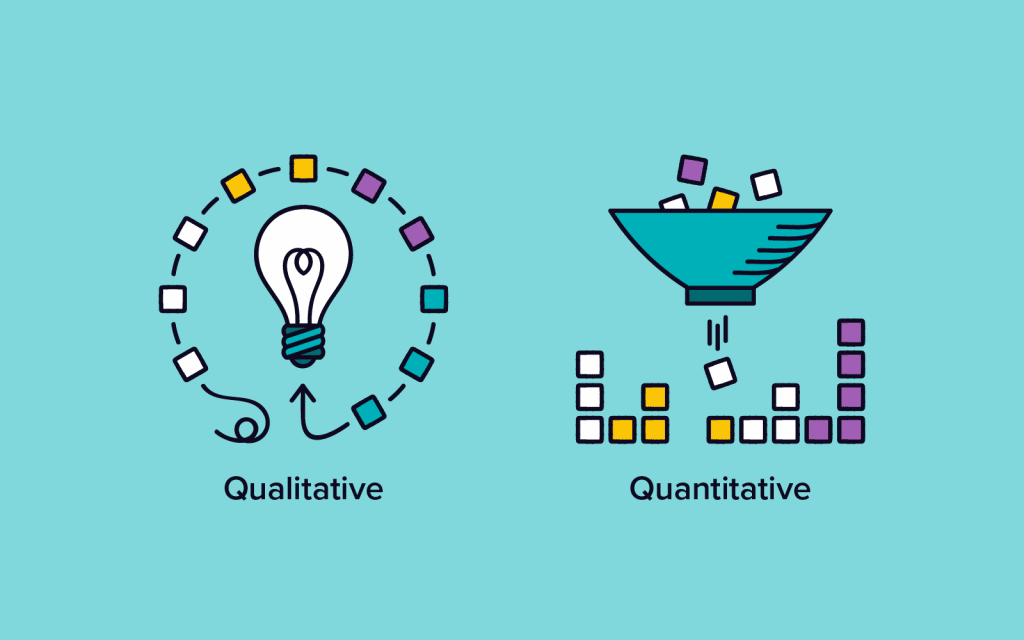
NK: Yes, in The Middle East we follow the American type of system, where the American type of research is very strong. In fact it is, you know, something we stand by and we look up to but in marketing it has been quantitative for a long period of time. Especially when it comes to business and marketing. I cannot generalize; I’m a qualitative researcher. I cannot say every discipline is the same way. However, you know, they did not know really if this was autoethnography, it was referred to as ‘introspection.’ It was referred to as ‘social constructivism.’
MH: Ah, so the word autoethnography when writing your article, you didn’t necessarily use autoethnography, you used words that were synonymous with –
NK: Sorry to cut you off, but basically we used narratives. We used autoethnography because this is open in the UK; I mean autoethnographic narratives and ethnography is common in the UK, especially in sociology and psychology. And I do remember reading so much psychology and so much about sociology to be able to connect the dots together. Yeah, and not to mention marketing turned out to be from experience, from the practice because I also consult various types of businesses, pharmaceuticals, medical labs, shipping companies, logistics.
MH: You work in multiple different contexts.
NK: Yes, I can tell how the story behind the customer, whether it’s a business or whether it’s a person, matters to the value of the brand itself.
MH: I wonder if you could tell us more about that. What is the importance of story to business?
NK: When someone remembers a memory in their life, they start narrating a story: “Oh, there’s a funny story. Blah blah blah, let me tell you.”
MH: Sure, humans are narrative creatures. We tell stories. We live stories. We want stories.
NK: We have different experiences and so on. And the thing about marketing is that value is something that revolves around benefits versus cost. And I’m not referring to costs as in money, I’m referring as in cost, all types of costs in the eyes of a consumer. The consumer wants to feel valuable. You understand what is considered to be valuable for the customer by understanding their story, their experiences.
MH: It’s not just the story of the business, it’s also the story of the customers, the consumers themselves that are valuable to the study of business?
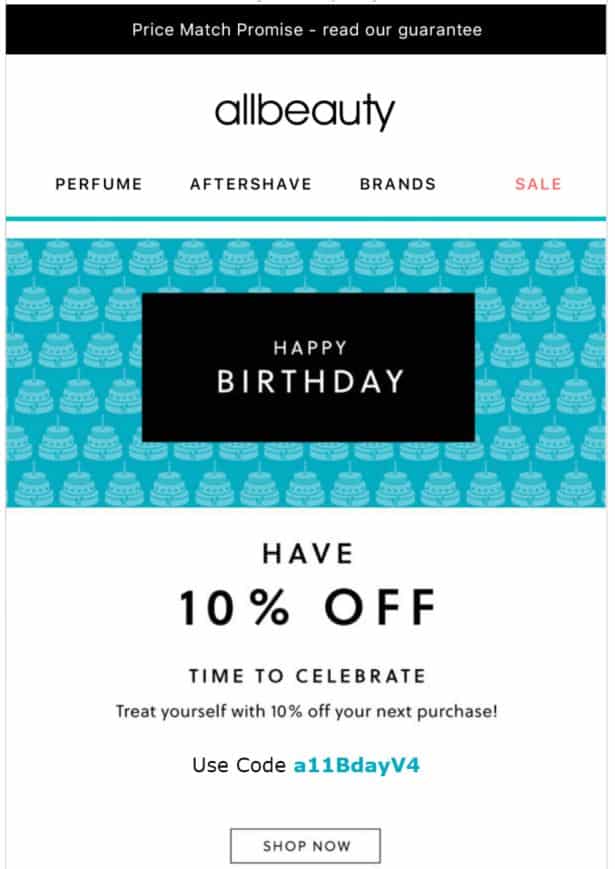
NK: I mean when you receive a happy birthday text from a brand that you usually absolutely love, if you love them for like 100%, you’re loving them 200% today. It’s just things that share emotions.
MH: That’s so true. There’s something about being able to participate in that brand story as it is evolving that is very exciting.
NK: Absolutely, and to be honest, uhm, when you think about marketing, marketing is all about experience, value, reflection of who we are; we dress in certain brands because we want to feel better. We want to show something to people, we want to blend in, we want to reflect something about our personality.
MH: Nadine, it’s all coming full circle. The psychology, the sociology that you studied in the UK, the ethnography workshops, your time with Estee Lauder and Clinique. Your experiences as a customer and working in the business world of beauty. You’ve seen all these different angles and it sure sounds like you’re emphasizing that one of the biggest things that you took away was the power of story. So where does autoethnography then come in if we’re talking about business and thinking about the business’s narrative or the customers’ narrative, where does autoethnography come into all this?
NK: It’s a point of differentiation. One of our most common strategies in marketing revolves around differentiation, how a brand can actually be different than others by offering value that stands out to customers. And this does not exist from a business perspective, it exists from a customer perspective, so being able to stand out comes from autoethnography. When people write and think from a personal perspective a one on one type of perspective on paper, they share a lot of emotions, a lot of things that are not usually available in a not so natural context.
The thing about ethnography and autoethnography is that it happens in a natural way. No restrictions. People as they are and consumers enjoy that, the ability to be able to reflect who you are as a customer to know exactly that this brand is creating this jacket for you, but obviously it’s not only for you, but you feel deep inside “this was made for me”. Sometimes we put that suit on or that dress on or whatever it is and I would say, “Oh my God, this was created for me.” Stories from customers, the overall reviews and online, perspectives, narratives –
MH: – are autoethnographic because it’s about their participation in that brand culture?
NK: Absolutely. It’s part of the process where the leader of the brand, I’m not referring to managers, leaders answer the question “Why does my brand exist?” And Autoethnography helps people understand why they exist. Why did they feel that way? And sometimes, having that linkage between brands and people happens from the most common commonality between them both, which is reflection.
MH: I guess now I’m putting things together, Nadine, and I’m thinking of the times that I’ve been a participant in market research. And that market research has asked me to reflect upon my experience with the target product. So, I guess now, I never thought about it, but those kinds of interviews are really autoethnographic because again, as the customer, I’m telling the brand or I’m telling the marketing research about my experience with that brand culture, so I can see how having autoethnographic feedback from clients can help a business better respond to and meet the needs of those customers.
NK: Let me, let me tell you something. I know we go way back. We’ve known each other for a year or two now and it’s a pleasure to know you, to begin with.
You know how obsessed I am with perfumes?
MH: Absolutely. Me too!
NK: Let’s share something personal. You know, thanks to you, I was exposed to a lot of new perfumes that I was not aware of until a couple of months ago, but I think of a perfume as a story. I mean, it tells something about me. So, when I describe the perfume to people, or when I describe how I feel wearing that perfume this is autoethnography because I’m telling people, I’m narrating stories to people where.
One of the people or the partners I was with used to love this perfume. I just gave them an experience and I gave them a good experience or negative experience I don’t know, but I’m just saying that I’m telling you more about me and why I like this perfume.
And if you take a look at people who are addicted to perfumes, they know exactly the notes that go into every single perfume they like, and they know how to give gifts that are actually perfectly set with the products they buy. So, by the end of the day, it’s a cycle. You mentioned it earlier.
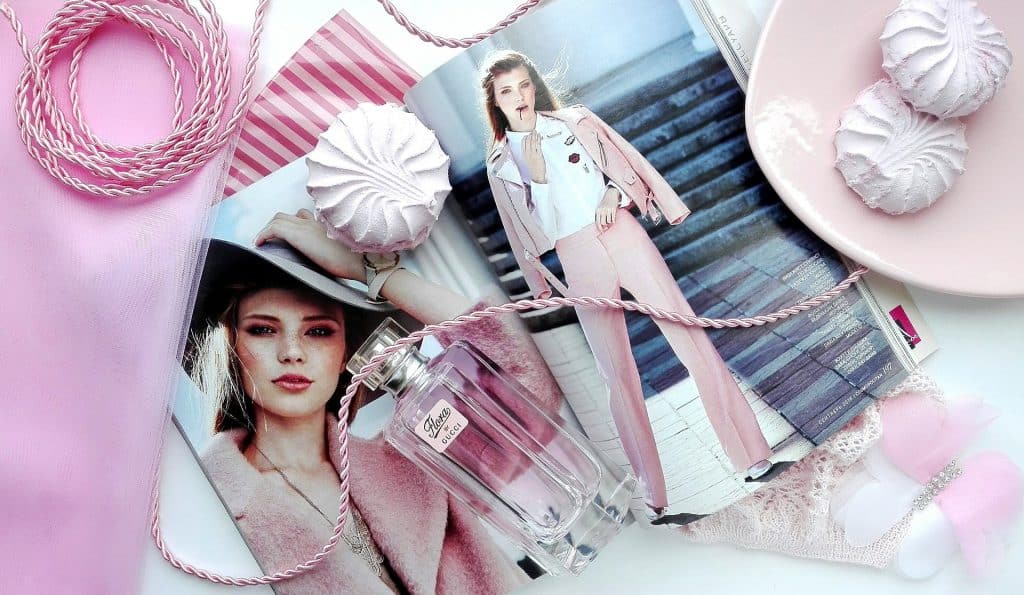
The cycle revolves around the fact that it’s all about meanings; the brand has to understand “What does this product mean to customers?” And to know what this means, they need to know the story behind it.
MH: Wow, that’s beautiful. So that really is kind of full circle in thinking about your experiences first as a customer, then working, being a student, becoming a researcher, becoming a professor and now you’re on the other side watching everything connect, the entire full circle from being the consumer to now being the coach for the business.
What do you think some of the untapped potential of autoethnography is for businesses, looking into the future?
NK: See, it’s funny, but autoethnography and ethnography revolve around culture for a reason, and I think the resistance towards autoethnography to be adopted by businesses relates back to culture again. I know I come from a culture that is very collective in nature and you know, “If it has been done before, why are we looking for new ways?” And autoethnography was not something common in businesses before.
But looking at various marketing agencies today around me in Jordan and internationally, I’m starting to see a storytelling line. It’s beginning to become something that is kind of adopted by the younger generation. It’s kind of being taught by instructors like you and I, kind of pumped into the culture where people are accepting it in terms of relying on it.
I think the major issue behind autoethnography is culture and discipline. By discipline I mean you would never have any issues at explaining autoethnography to a language major or translation major or an English major just because this is something that revolves around meanings and –
MH: Storytelling, personal experience making meaning….
NK: Exactly, absolutely. But then when you refer to, like, medicine, “Oops, I need numbers.” And then when you refer to business, “OK, I don’t care about anything; I need profits.” And this is the wrong way to approach things.
In marketing, the major short-term goal is awareness. To understand, you need to listen. And that’s why autoethnography is becoming more popular in the cultures, overall.
MH: Nadine, thank you so much for telling us a little bit about your journey, for telling us a little bit about your own experiences learning and teaching autoethnography. And most importantly for really highlighting the significance and the power that autoethnography has in the world of business and marketing today.
We look forward to reading your future articles at The AutoEthnographer and thank you again for your time on the podcast.
NK: Thank you so much, Marlen. It was a pleasure. It was a great experience. It felt natural. And good luck with your future podcasts.
MH: Thank you so much. Take care, Nadine.
NK: Thank you.
Nadine recommended the following resources for further reading:
1) Lloyd-Parkes, E., Deacon, J. and Khair, N., 2018. The Full Story: Mining Rich Authoethnographic Data for Insight into the International Consumer’s Behaviour with Luxury Fashion Goods. Journal of Marketing Development and Competitiveness, 12(4), pp.69-79.
2) Hackley, C., 2015. Autoethnography in consumer research. In Qualitative research methods in consumer psychology (pp. 105-117). Psychology Press.
3) Dashper, K., 2016. Researching from the inside: Autoethnography and critical event studies. In Critical event studies (pp. 213-229). Palgrave Macmillan, London.
4) Hackley, C. and Hackley, R.A., 2016. Autoethnography and subjective experience in marketing and consumer research. Revista Interdisciplinar de Marketing, 6(1), pp.3-10.
5) Holbrook, M.B., 2005. Customer value and autoethnography: subjective personal introspection and the meanings of a photograph collection. Journal of business research, 58(1), pp.45-61.
Featured image by Engin Akyurt from Pixabay;
Loughborough University photo from Loughborough.ac.uk;
Qualitative vs Quantitative image from OptimalWorkshop.com;
Image of perfume, pink fabric, and photos by Image by Надежда Дягилева from Pixabay;
The AutoEthnographer


